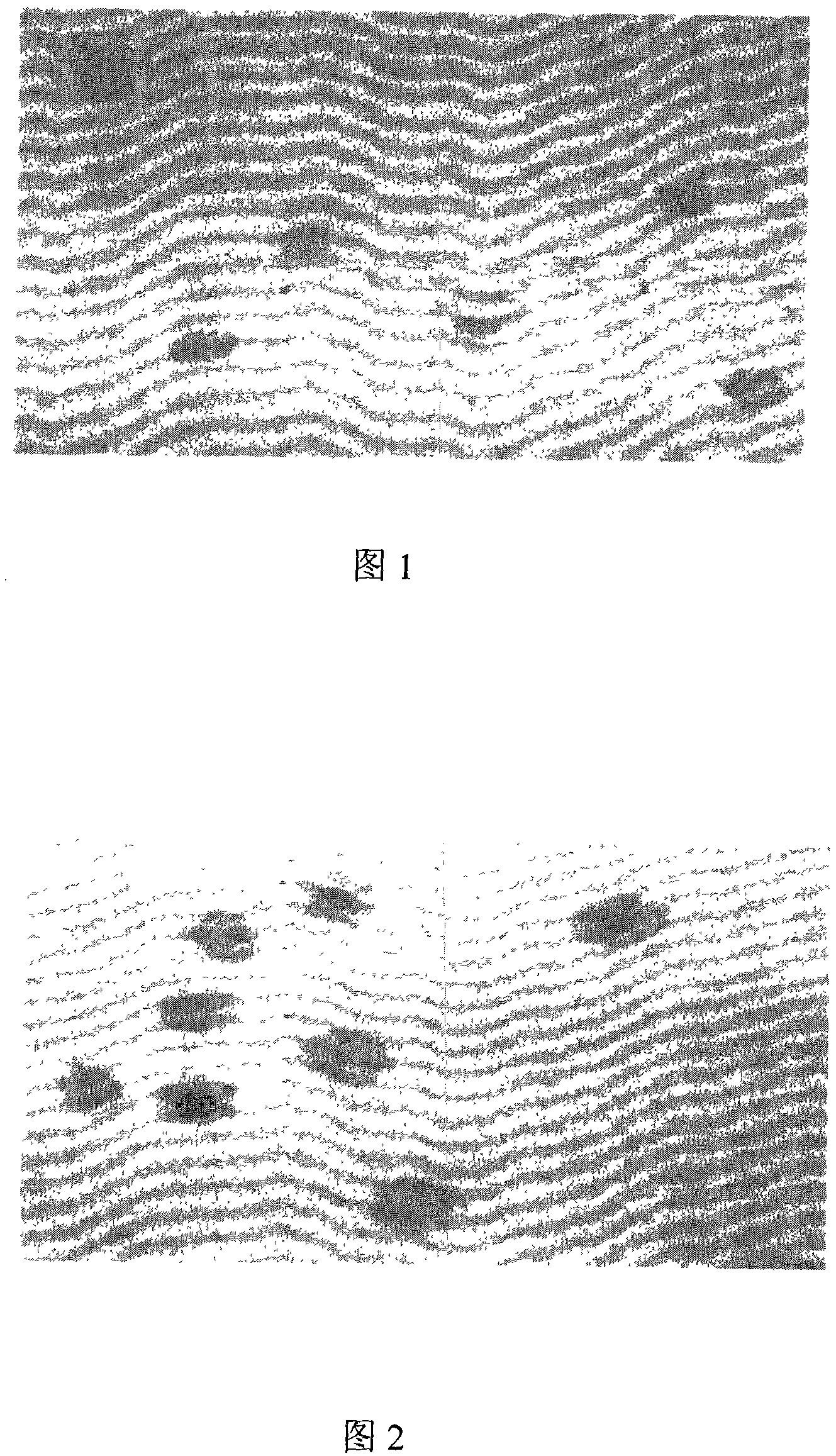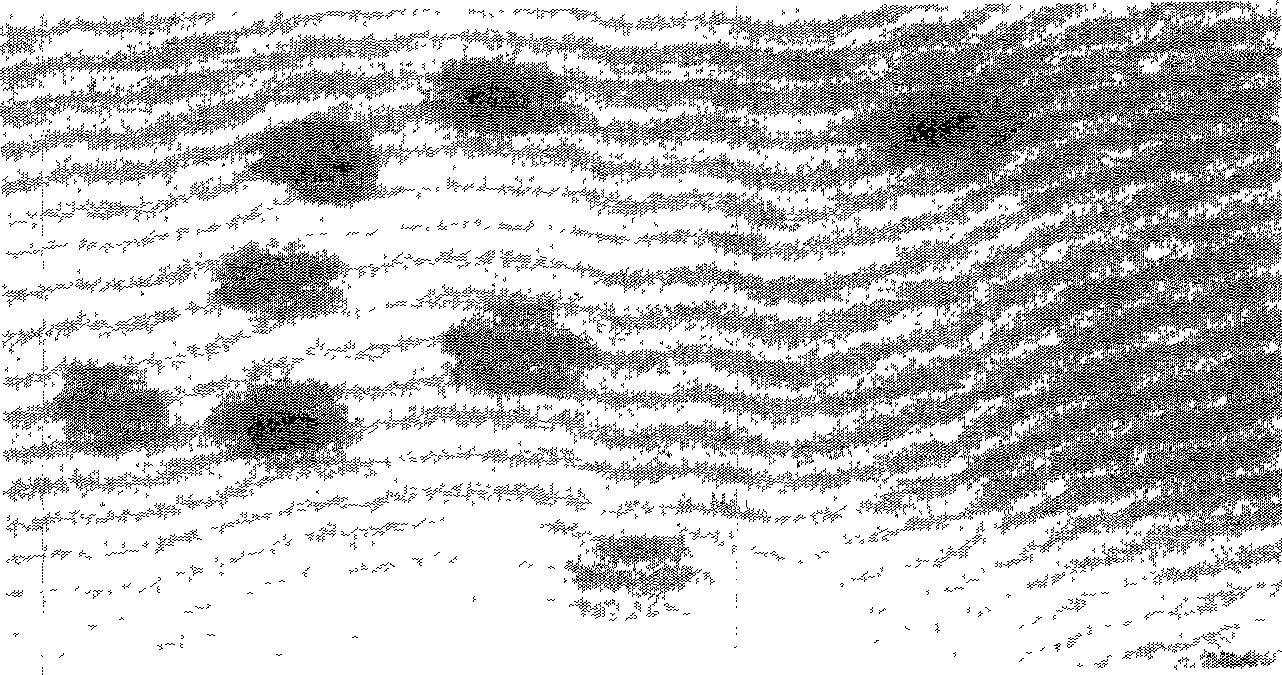A method for separating and identifying nucleated red blood cells in blood
A nuclear red blood cell and blood technology, applied in the field of blood separation, identification and detection, can solve the problems of high cost, cumbersome operation and high technical requirements
- Summary
- Abstract
- Description
- Claims
- Application Information
AI Technical Summary
Problems solved by technology
Method used
Image
Examples
Embodiment Construction
[0090] (1) Preparation of main reagents
[0091] 1. Polylysine working solution: fully mix polylysine stock solution with double distilled water 1:10, and wait for the bubbles to disappear for later use;
[0092] 2. 0.01mol / L PBS (PH 7.4) containing 0.5% BSA
[0093] Sodium chloride 6.5g
[0094] Na 2 HPO 4 12H 2 O 4g
[0095] NaH 2 PO 4 2H 2 O 0.35g
[0096] Add 800ml of double distilled water, adjust the pH value to 7.4, and make up to 1000ml with double distilled water. 0.01mol / L PBS, after autoclaving, add 5g BSA, store at 40°C.
[0097] 3. Alkaline cell lysate (containing KOH 200mmol / L, DTT 50mmol / L)
[0098] 400mmol / L KOH 1ml
[0099] 1mol / L DTT 100ul
[0100] Sterile water for injection is 850-900ul, mixed thoroughly, filtered through a 0.22μm microporous filter, subpackaged, and stored at -20°C for later use.
[0101] (2) Anti-degumming slide preparation
[0102] 1. Pretreatment of slides
[0103] Wash the ordinary glass slide with hot soapy water, clea...
PUM
 Login to View More
Login to View More Abstract
Description
Claims
Application Information
 Login to View More
Login to View More - R&D
- Intellectual Property
- Life Sciences
- Materials
- Tech Scout
- Unparalleled Data Quality
- Higher Quality Content
- 60% Fewer Hallucinations
Browse by: Latest US Patents, China's latest patents, Technical Efficacy Thesaurus, Application Domain, Technology Topic, Popular Technical Reports.
© 2025 PatSnap. All rights reserved.Legal|Privacy policy|Modern Slavery Act Transparency Statement|Sitemap|About US| Contact US: help@patsnap.com


